The power of essential oils
Botanical perfumery offers a unique olfactory experience. It's an art that uses ingredients of plant origin, mainly essential oils.
In this article, I invite you to discover the wonders of natural perfumery through essential oils.What are essential oils?
Essential oils are the very essence of plants, with properties that are beneficial to our well-being. I often like to say that they are the soul of each material, revealing to us all the richness and beauty of Mother Nature.More concretely, an essential oil is an aromatic liquid extracted from certain parts of plants, such as flowers, leaves, bark, roots or fruit. There are many flowers and plants that are fragrant in our gardens or in nature, but which do not possess an aromatic essence, which means that it is impossible to capture their scent and produce them as an essential oil, as is the case with lilac, honeysuckle, peony... (The silent flowers).
Aromatic plants, those from which essential oils are extracted today, have been known and commonly used for health, therapeutic, emotional and spiritual purposes for thousands of years. It was probably the Egyptians who first succeeded in extracting essences from plants. Today, there are various extraction methods for extracting the precious nectar, but the most commonly used are steam distillation and cold expression.

The different extraction methods:
- The steam distillation process was created around the year 1000 by the Persian physician Avicenna. For this process, widely used in perfumery, the plant is placed in a device called an alembic. Distillation takes place by steam distillation. As it rises in the apparatus, the steam passes through the plant, carrying with it the volatile compounds of the raw plant material. The steam is then cooled and condensed to obtain a mixture of water and essential oil, which is then separated.
- Cold expression is a method mainly used for citrus fruits (lemon, orange, grapefruit). Fruit zests are mechanically pressed to extract the essence.
- In solvent extraction, a solvent (such as ethanol) is used to extract the fragrant compounds from the plant. After extraction, the solvent is evaporated, leaving behind the essential oil.
There are also more specific methods for certain plants that are more fragile and cannot withstand the heating temperatures required for steam distillation. Enfleurage, widely used in perfumery, involves placing the flowers in vegetable fat to absorb the aromatic compounds. This fat is then dissolved in an alcohol, which is distilled to obtain what is known as an "absolute". This process is longer and more costly.
Each extraction method has its advantages and disadvantages, and some are better suited to certain plants than others. It is important to choose the right extraction method for each plant, in order to obtain high-quality essential oils.
The benefits of essential oils:
Essential oils offer much more than a pleasant scent. They have many therapeutic properties that benefit both body and mind. Some essential oils have relaxing effects, while others are stimulating, purifying, balancing or soothing. The use of these oils in natural perfumery allows you to benefit from their beneficial effects while scenting yourself.

Creating a natural fragrance
To create a harmonious natural fragrance, it's essential to understand the different olfactory facets of essential oils. Each oil has its own characteristics and aromatic intensity, and it's important to know how they will blend and live together. Some oils can be lighter and more volatile, like citrus, while others can be heavier and more persistent, like patchouli, vetiver or incense. It's therefore crucial to take these differences into account when creating a blend, as some oils can quickly take up a lot of space or erase other materials from the composition. I'm thinking in particular of cinnamon or clove, which need to be worked in small doses so they don't take up all the space.To find this harmonious balance between the different essential oils and their evaporation times, we use a structure known to all perfumers: the olfactory pyramid. It categorizes materials according to their volatility, and helps create fragrance stability (The olfactory pyramid).
When mixing essential oils, it's best to start with small quantities and gradually adjust according to preference and desired results. One drop at a time, observing how the different notes combine and evolve together.
Patience is essential in the creation process, as it takes many tests and hundreds of perfect combinations before the final fragrance is achieved.
Blending essential oils in natural perfumery is a subtle art that requires practice, observation and sensitivity. Over time, you'll develop an in-depth knowledge of the oils and their interactions, enabling you to create unique and captivating fragrances.
My favorite oils:
Each essential oil is unique and has its own character and can evoke images and memories. It all depends on our tastes, personality and emotions. Let me guide you through a few essential oils that I love and that have the power to take me on a journey.
Sandalwood:Sandalwood essential oil takes us to the mystical forests of India. Its woody, soft, caramelized fragrance envelops us in a meditative, spiritual atmosphere. I really appreciate its warm, sensual character, which lends exotic notes to compositions. This essential oil is also known for its relaxing, soothing and aphrodisiac benefits.
Atlas cedarwood:Cedarwood transports us to the Atlas mountains of Morocco. A deep, woody, resinous scent, I've always found it mellow and reassuring. As you'd expect, cedar has soothing properties.
Magnolia flower:A bewitching, delicate trail. The magnolia flower is a fragrance in itself. It adds seductive, delicately fruity floral notes. In addition to its use in perfumery, magnolia flower also offers health benefits, relieving stress, promoting sleep and improving mood.
Vetiver:Native to tropical regions, mainly cultivated in Haiti and Reunion Island. Its essential oil is extracted from the plant's roots, which are buried 3 / 4 meters in the ground. This is probably why I always feel that this oil connects us to the Earth. Fragrant, smoky, finely woody and earthy, its deep, complex aroma brings a touch of sophistication and mystery to the perfume. Vetiver stimulates mental energy, reducing stress and anxiety.

Precautions for use:
Essential oils are powerful and should be used with care. Here are a few precautions to keep in mind:
- Dilution: Essential oils should generally be diluted in a carrier oil such as jojoba oil, before being applied to the skin. Follow appropriate dilution recommendations to avoid irritation or adverse reactions.
- Individual sensitivity: Each person reacts differently to essential oils. It is important to carry out a skin tolerance test by applying a small amount of the blend to a small area of the skin, and to observe any allergic reaction before more extensive use.
- Pregnancy and breast-feeding: Certain essential oils may be contra-indicated during pregnancy or breast-feeding. It is recommended to consult a health professional before using essential oils during this period.
- Interaction with drugs: Some essential oils may interact with certain medications. If you are taking medication on a regular basis, it is advisable to consult your doctor or healthcare professional before using essential oils.
- Storage: Essential oils should be stored in tinted glass bottles, away from direct sunlight and excessive heat, to preserve their integrity and efficiency.
Essential oils offer a natural, authentic approach to perfumery, enabling you to create unique, personalized fragrances while benefiting from their therapeutic properties. By observing safety precautions and experimenting with different combinations of essential oils, you can discover a wonderful world of natural fragrances that awaken the senses and nourish the spirit. Don't hesitate to venture into natural perfumery and explore the many possibilities offered by essential oils.
Feel free to ask us your questions about natural perfumery and essential oils in the comments.


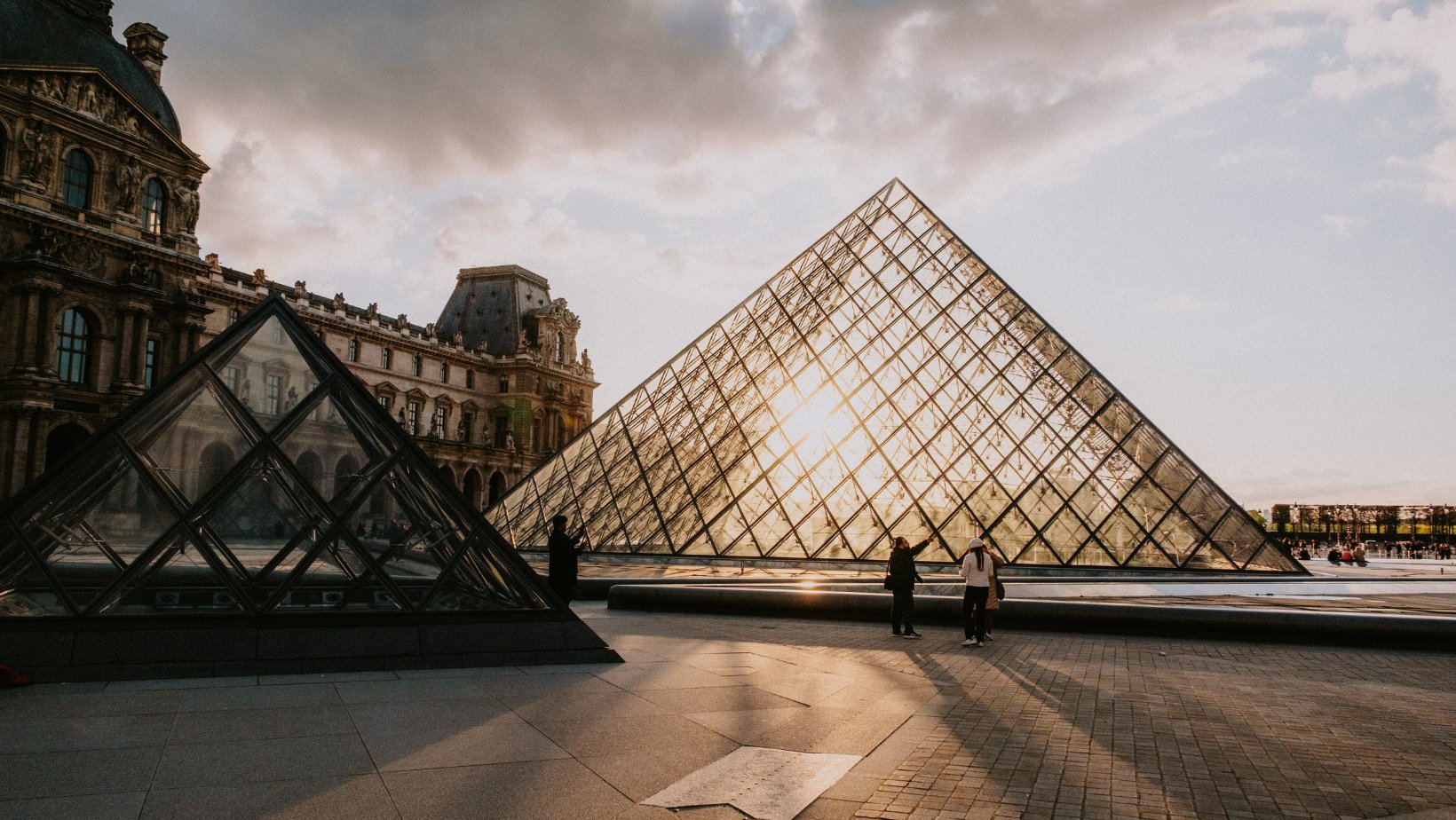


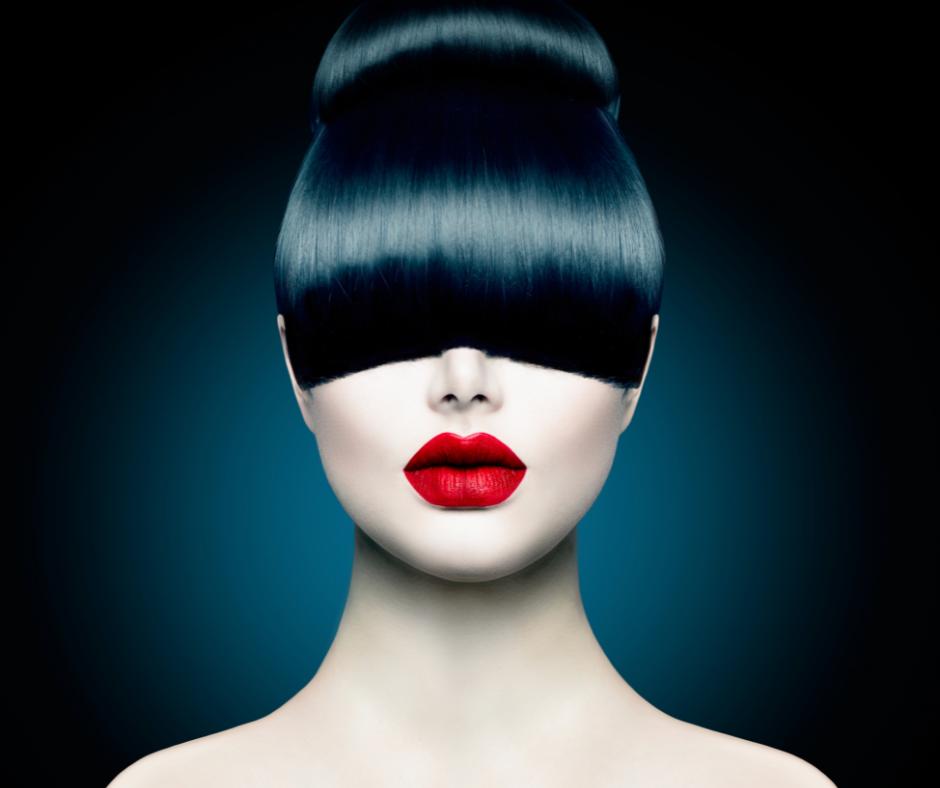
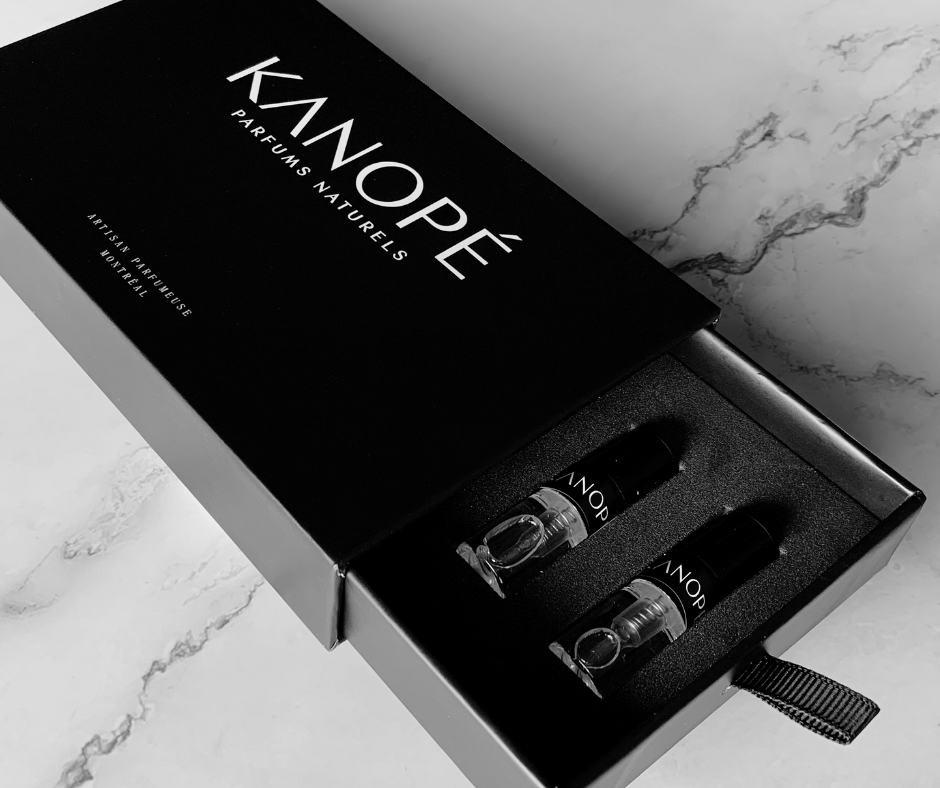



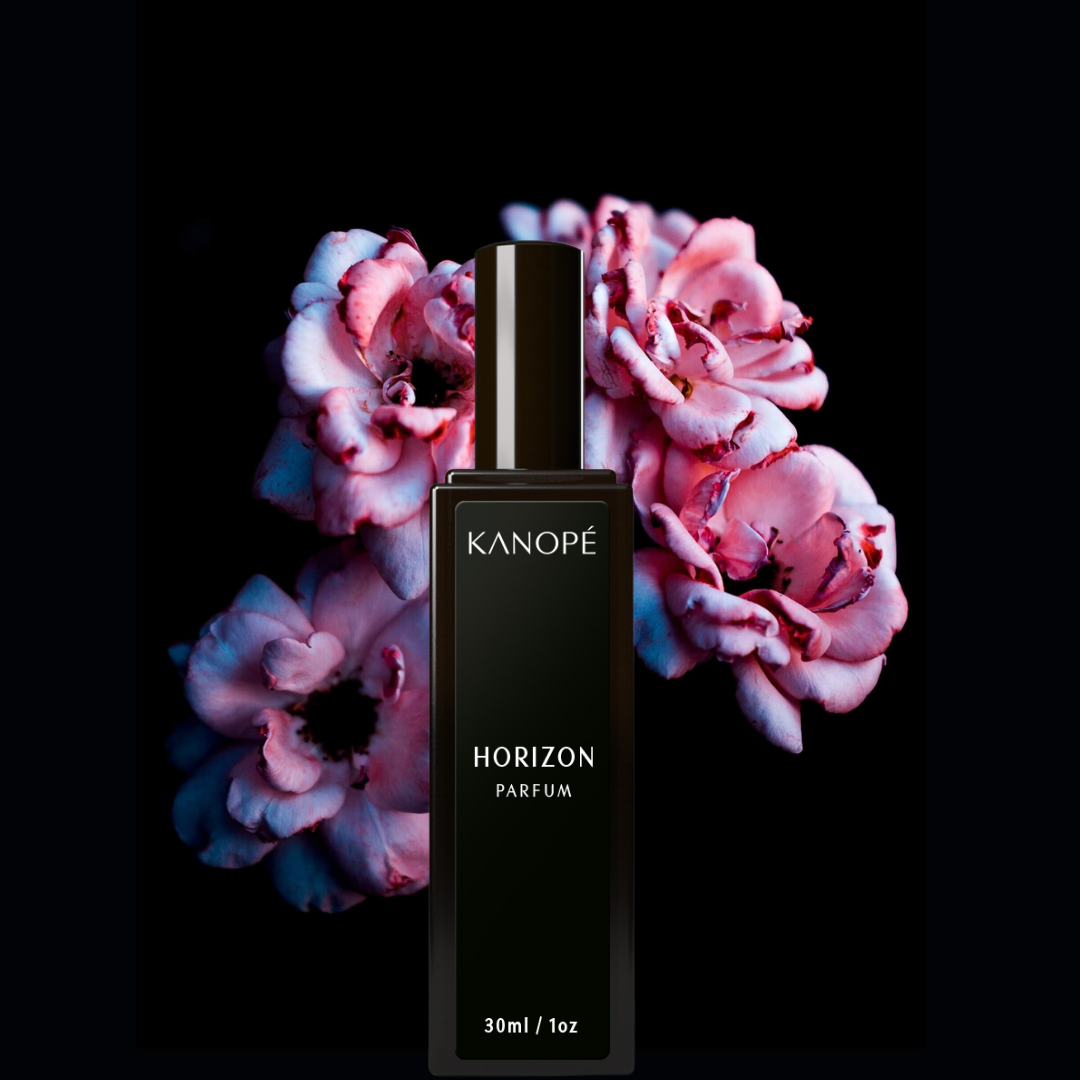
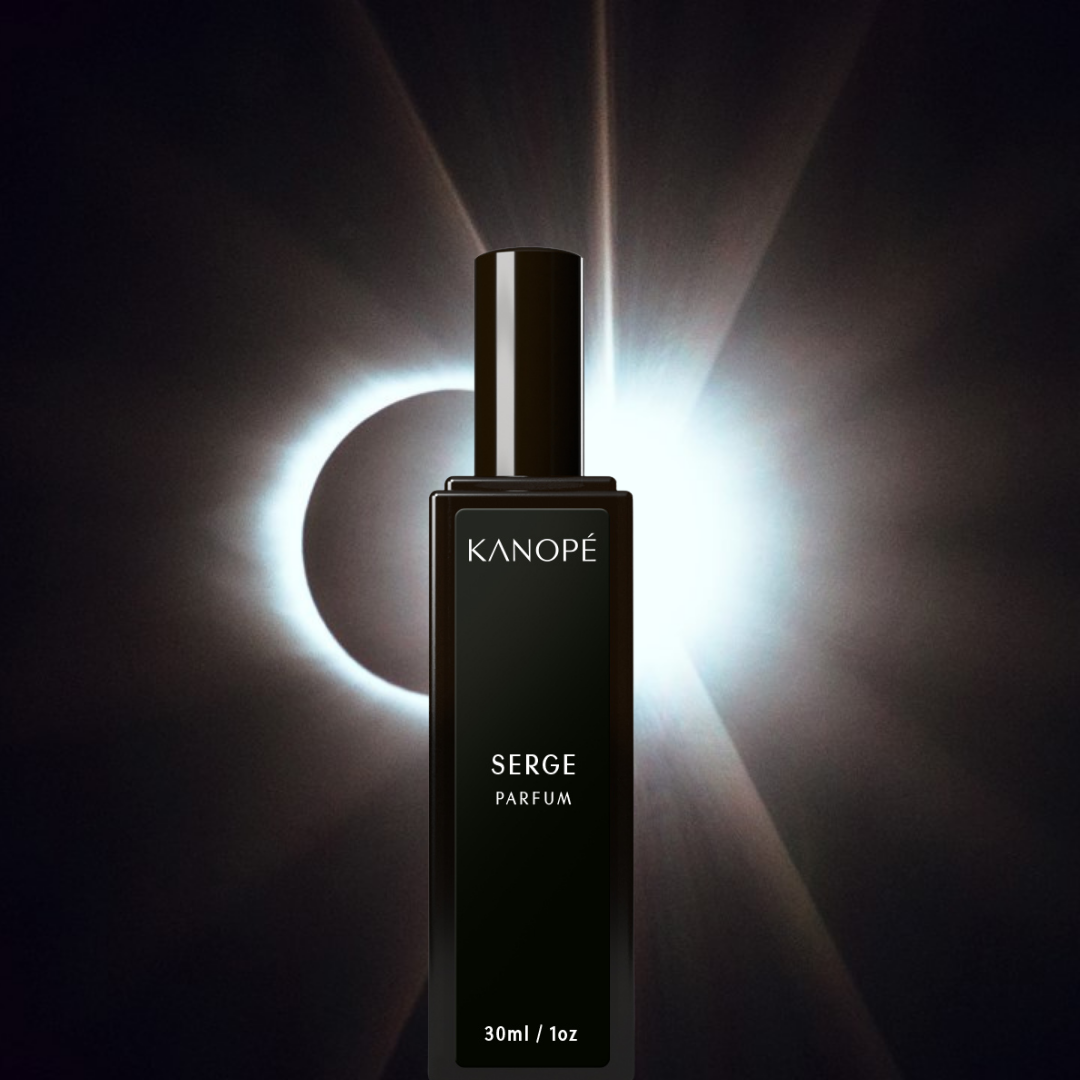
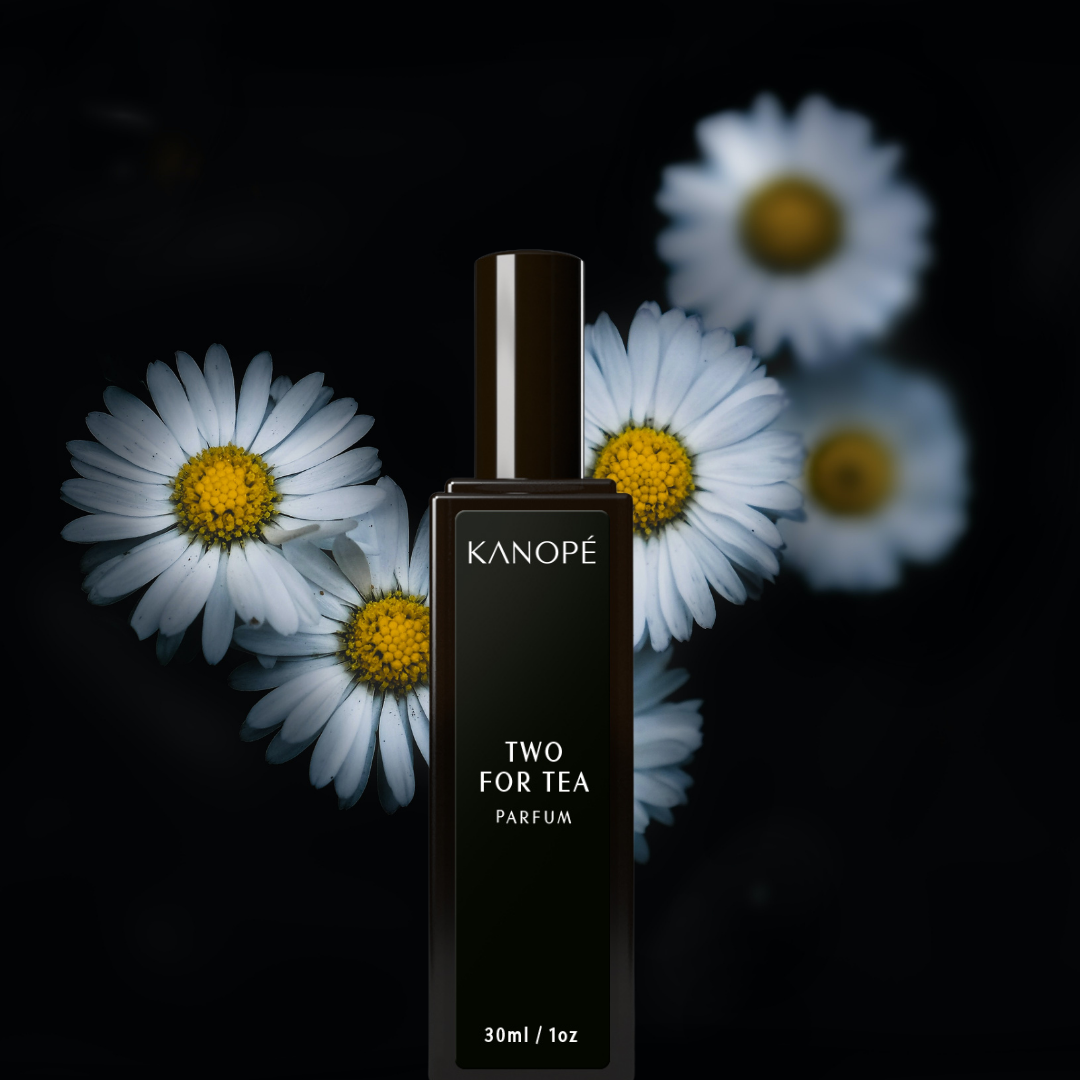
Leave a comment